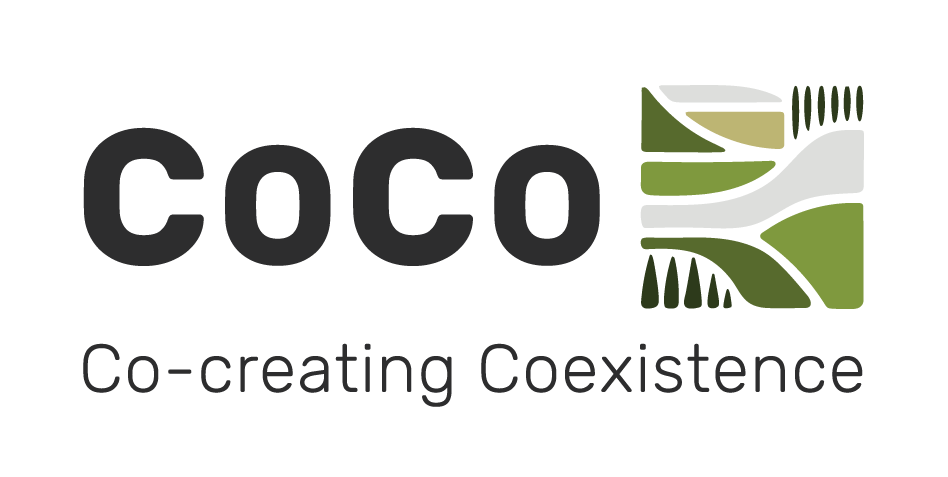
Assessment of stakeholder perspectives and needs
INRAE leads the mapping of the perspectives of various stakeholders on wildlife interactions and the way these interactions are managed by practitioners and authorities. Issues examined include:
- forms of interactions,
- perceptions of conflicts,
- power imbalances,
- access to and need for knowledge,
- information and support,
- and suggestions for desired changes to current management practices.
Data is collected through qualitative interviews with stakeholder representatives from the project’s Advisory Board including the EU Platform on Coexistence between People and Large Carnivores, and other stakeholder organisations. These findings feed into online questionnaires to 1000 landowners (including farmers and forest holders) and 1000 hunters.
Additionally, the CoCo project conducts interviews and focus groups with environmentalists to understand their views on pastoralism and wildlife, providing a well-rounded understanding of different perspectives.
Innovative governance structures to reduce social conflicts
CALLISTO leads this task to explore innovative governance structures aimed at reducing social conflict in natural resource management. This effort draws on data from policy surveys, literature reviews and qualitative interviews to examine different governance models that involve stakeholder participation. Working with regional and European stakeholder platforms, LIFE projects and national and regional experiments, the initiative aims to identify successful practices and potential pitfalls. The goal is to develop a best practice roadmap for governance structures that effectively manage wildlife-livestock interactions, while addressing implementation challenges.

Funded by the European Union. Views and opinions expressed are however those of the author(s) only and do not necessarily reflect those of the European Union or the European Research Executive Agency. Neither the European Union nor the granting authority can be held responsible for them.
